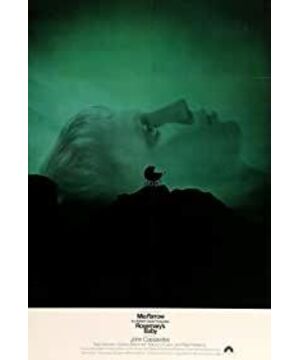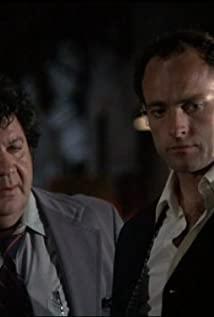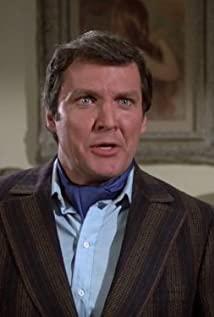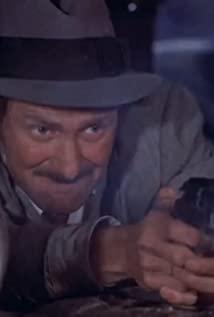devil worship, witchcraft and other elements exist only as clues or shells in this film, and the depth is not even comparable to the Da Vinci Code... even this kind of film. The usual fine scoring subject matter is not the focus of the film. The heroine only began to doubt everything in the last third, and was hysterical in the last twenty minutes. It only took ten minutes to uncover the truth + the ending, and the last five minutes was still There was a strange warmth. The victim and the offender drank Lipton black tea and discussed parenting, which made me feel a sense of joy.
Polanski’s talent for creating a suffocating atmosphere with a steady and flat lens This film is once again reflected in the film, there is no shaking or disturbing scenes in the whole film, and there is no dim light flashing to tell the audience that "a terrible thing is about to happen". The story is set in the daily life of the middle class in the United States. In the typical scenes of the movie, the audience can see that in all normal life, only the heroine suffers from fear and torture. Everyone around seems to put her to death. The audience watched this invisible hand quietly. The earth strangled her throat, and tightened her throat, and her heart had already picked up. There is not much music in this film, but it only appears at the most critical time. People have just put down a snack, but they are reminded: this There are unexpected sinister intentions behind, but the scene is so ordinary and ordinary, except for the last book, there are no clues. In the end, the audience can only be like the heroine, falling into endless suspicion and fear, and the spirit becomes more and more nervous until a nervous breakdown. Or the video ends.
At this point, the heroine can open the cradle and end as a well-performed thriller with acceptable performance, but the next ending not only raises the film to a point where it explores a little bit of humanity (though I don’t think it’s like some people). It is said so profoundly, if it is from surrendering to desire, it is not so profound after all), which makes this film a metaphor for his future destiny.
During the film’s release, Polanski’s wife, who was eight months pregnant, was killed by a caesarean section at her home in Beverly Hills. The media claimed that the protagonist who believed in Catholicism in "Rosemary’s Baby" directed by him eventually gave birth to Satan. The son was a blatant offense to God; the devil family in the film inspired Charles Mann, the leader of the cult, and indirectly caused the murder.
This film is Polanski’s first film to enter Hollywood, and it was a great success. In this context, after his wife gave birth to a baby, the actor excitedly told his wife that he had been appreciated by big companies such as Paramount. Lines such as buying a luxury house in Beverly are really dazzling as you look at them.
At the end of the film, the actor comforts his son and has become the wife of the devil: "supposing you had the baby and you lost it. And we are getting so much in return, Ro." After that, he shot "Bitter Moon", a classic that distorted despair, and a series of excellent works, but he was also indulged in lust and was eventually imprisoned on the charge of molesting a girl. Whether Polanski's gains and losses are really commensurate, I am afraid only he knows. But no matter how to interpret his movies or whatever, whether a person's fate is already doomed, no one can get an exact answer anyway.
View more about Rosemary's Baby reviews











